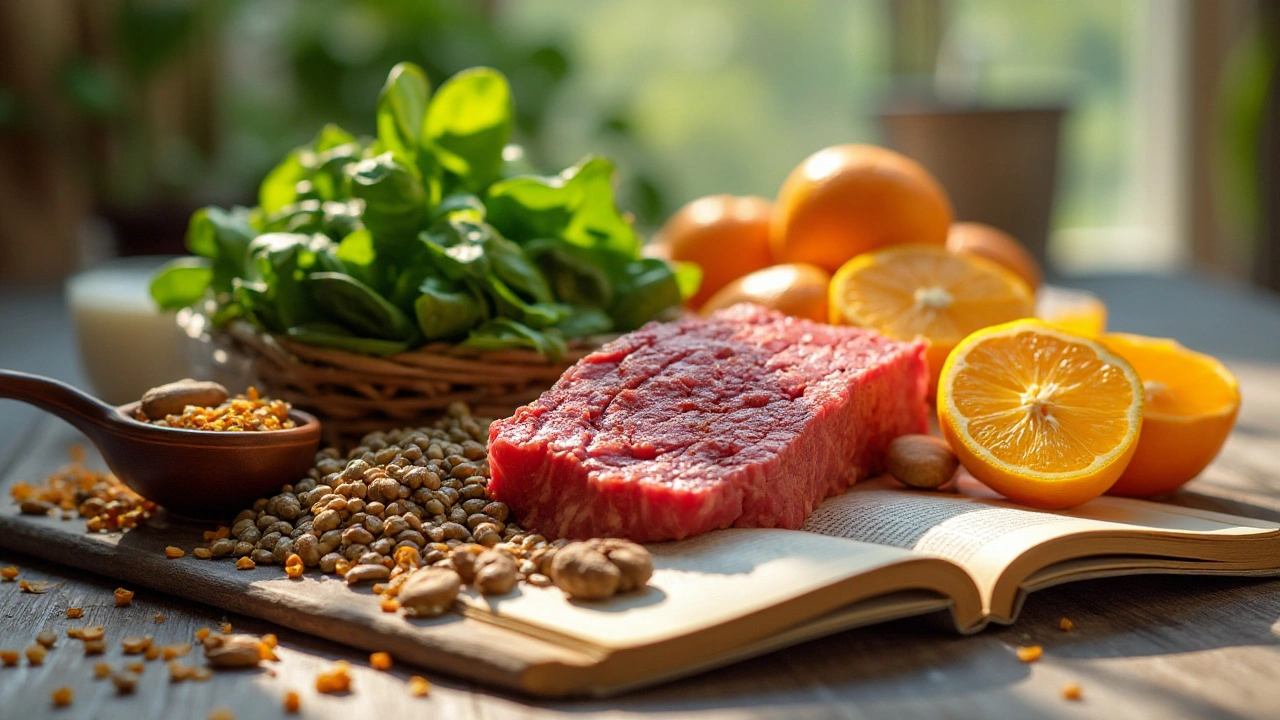Iron Supplements for Fertility – What You Need to Know
If you're trying to get pregnant or already on an IVF cycle, iron might be a bigger player than you think. Low iron can cause tiredness, weak eggs, and even miscarriage risk. The good news? A simple iron boost can improve energy and support healthy ovulation.
How Iron Affects Fertility
Iron helps your blood carry oxygen to every cell, including the ones that develop into eggs. When iron levels drop, your body struggles to keep up with the extra demand of a growing pregnancy. Many women notice heavier periods or longer cycles when they're low on iron – both signs that your ovaries aren't getting enough fuel.
Research shows women with normal iron stores have better IVF outcomes. In one study, patients who corrected anemia before embryo transfer had higher implantation rates. That’s because a well‑oxygenated environment helps embryos attach to the uterine lining more easily.
Choosing the Right Iron Supplement
The market is full of iron pills, powders, and gummies. Here are three quick tips to pick one that works for you:
1. Look for gentle formulas. Ferrous bisglycinate or iron polysaccharide tend to cause fewer stomach issues than standard ferrous sulfate. If your gut gets upset easily, start with a lower dose and take it with food.
2. Check the dosage. Most adults need 18 mg of elemental iron daily, but women trying to conceive often benefit from 30‑45 mg. Don't go overboard – excess iron can be harmful.
3. Add vitamin C. Vitamin C boosts iron absorption, so a supplement that includes citrus extract or taking your pill with orange juice works well.
Before you start any new supplement, chat with your doctor or fertility specialist. They can run a quick blood test to see if you really need more iron and suggest the right brand for you.
Beyond pills, eating iron‑rich foods helps keep levels steady. Include lean red meat, beans, lentils, spinach, and fortified cereals in your meals. Pair these with vitamin C‑rich foods like bell peppers or strawberries to maximize absorption.
If you notice persistent fatigue, shortness of breath, or unusually pale skin, it might be time to get checked. Simple blood work can tell if you're iron deficient, and fixing that early can save headaches later in your IVF journey.
Remember, iron is just one piece of the fertility puzzle. Combine a good supplement with balanced nutrition, regular exercise, and stress‑free sleep for the best chance at success.
Bottom line: Keep an eye on your iron levels, choose a gentle, well‑absorbed supplement, and talk to your healthcare team. Small steps now can make a big difference when it counts most.

Iron-Folic Acid Benefits and Smoking Dangers on Human Health
Iron and folic acid are essential nutrients that play crucial roles in maintaining good health. Smoking, on the other hand, poses significant health risks. This article delves into the positive impacts of iron and folic acid and contrasts them with the negative effects of smoking, providing valuable tips for a healthier lifestyle.